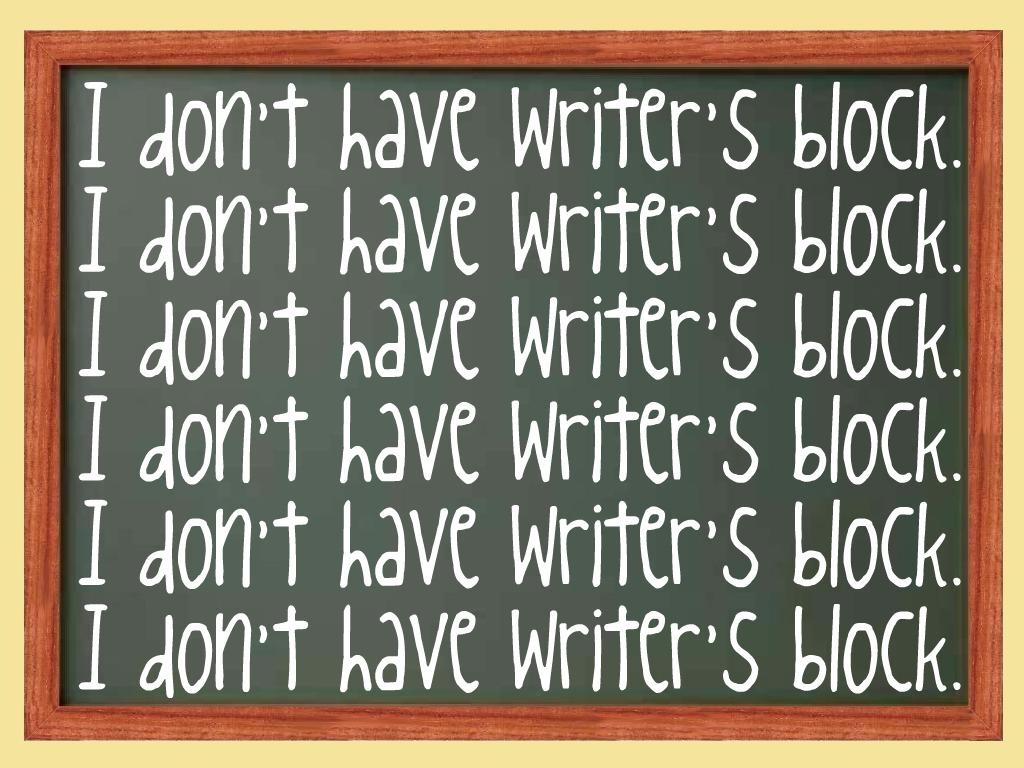 Writing is a daunting task. To transform your nebulous thoughts into a linear string of words requires a special kind of concentration. And when it comes to writing personal essays, like those required for most undergraduate and graduate applications, you are asked to not only concentrate but also be introspective. It’s no wonder that many of us dread the blank page and find ourselves procrastinating in order to avoid it. However, in my experience, the hardest part is getting into the “writing zone”—sitting down, avoiding distraction, and beginning to really think. Once you’re in it, it doesn’t seem so daunting.
Writing is a daunting task. To transform your nebulous thoughts into a linear string of words requires a special kind of concentration. And when it comes to writing personal essays, like those required for most undergraduate and graduate applications, you are asked to not only concentrate but also be introspective. It’s no wonder that many of us dread the blank page and find ourselves procrastinating in order to avoid it. However, in my experience, the hardest part is getting into the “writing zone”—sitting down, avoiding distraction, and beginning to really think. Once you’re in it, it doesn’t seem so daunting.
1. Jot down a couple pages of free-flowing thoughts first thing in the morning
And I mean first thing. Before coffee, before breakfast, even before you’ve checked your phone, roll out of bed and into a comfy chair. Write a stream-of-consciousness page or two on whatever comes to mind. These pages are not meant to become a final product or even a draft. They are not meant to be on the same topic as your essay prompt. They are merely meant to acclimatize you to the act of writing. When I use this practice, my early morning writing is usually nonsense that I discard immediately after I’m done. But there is something liberating about putting down whatever words come to mind and noticing how your mind comes up with the words you write. It will help you focus more quickly and write more freely later in the day, when you want to get real work done.
2. Set aside small chunks of time to write.
When I have an entire afternoon to write, I will fritter away most of the time. But when I only have an hour to write, I’m less likely to browse social media or daydream. If you have trouble concentrating, cut your allotted writing time in half. Prove to yourself that you can write for 30 minutes without distraction.
3. Change your imagined audience.
Writing is made even more difficult if you can’t relate to the person you’re writing for. In the case of admissions essays, you might find yourself imagining a faceless group of bow-tied academics reading your personal essay. It’s hard to relate to a faceless group, and therefore it’s hard to communicate with them. Instead, try imagining someone you trust and admire — a teacher, friend, or grandparent — reading your essay. Along a similar vein, you might try imagining yourself as a guest on your favorite talk show or podcast. How would you tell your story if you were in this position? How do the guests on these shows structure their ideas in a way that makes them captivating to you?
4. Talk it out with people.
Writing, like speaking, is communication. If you’ve been working on a piece of writing in solitude for a while, you might start to lose track of how it resonates with other people. Some of the ideas or stories that are most intuitive or straightforward to you could be the most difficult for other people to grasp. In order to make sure that your words are having the desired effect on people, discuss your writing or read it aloud to others as often as possible.
Comments